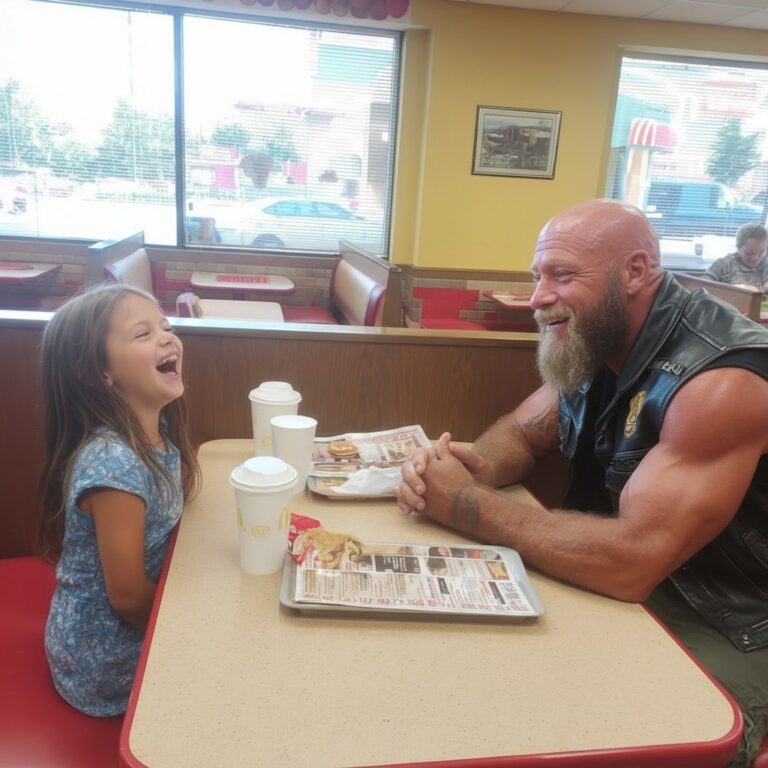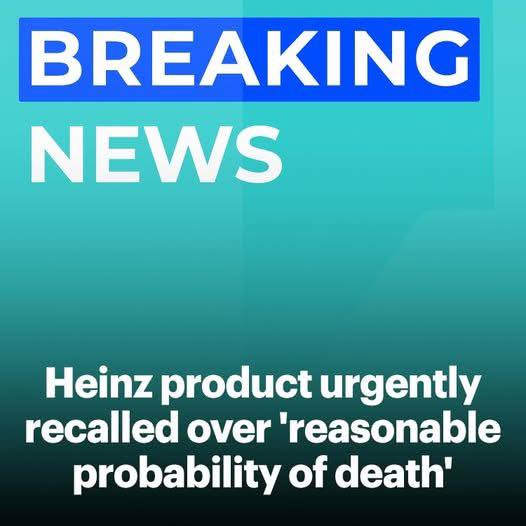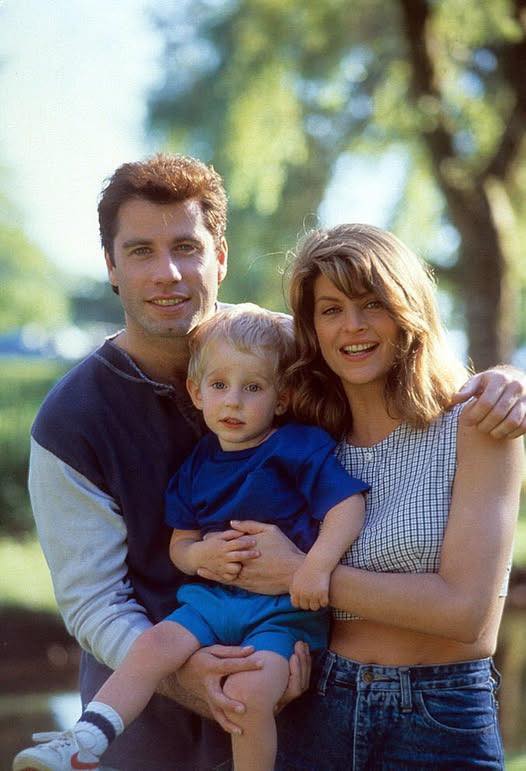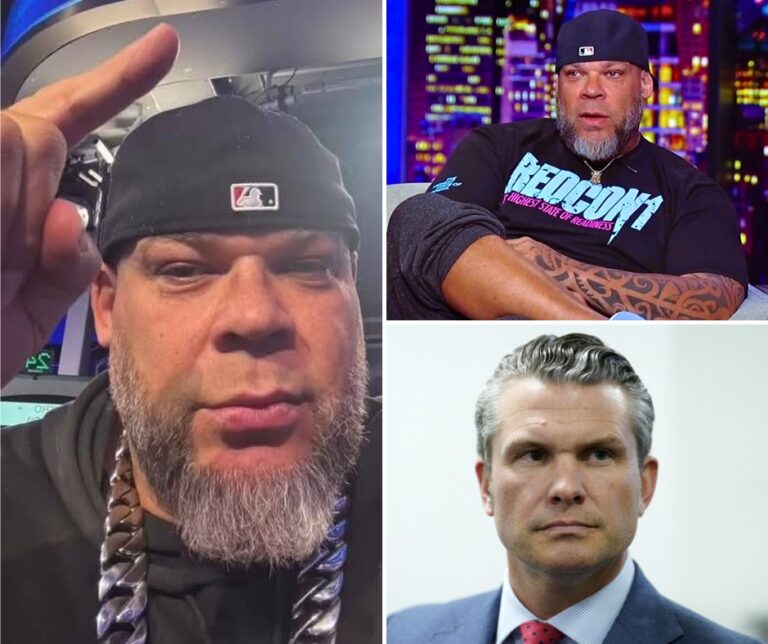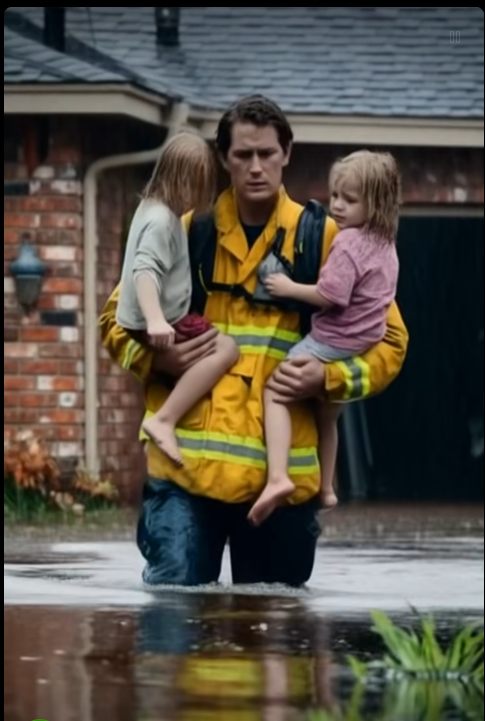
I didn’t see the flood coming.
One moment, I was rinsing dishes with the sun shining through the window. The next, water was seeping over my ankles, then rising past my knees. The power flickered out. Something heavy slammed against the front door. I didn’t think—I just scooped up my kids, Liam and Nora, and ran upstairs as our living room disappeared under dark, rushing water.
My phone was dead. Outside, the storm roared, the wind carrying bits of debris that cracked against the walls. I held my children close, trying to stay calm even though I was terrified.
Then—a knock. Soft, but steady, at the second-floor window. A flashlight beam cut through the downpour. A man stood waist-deep in the flood, wearing a bright yellow raincoat. He called out gently, “I’m here—pass them to me!”
I didn’t hesitate.
Liam first, then Nora. He held them with care, moving through the water with calm determination—like it wasn’t his first rescue. Before I could follow, a boat appeared. He handed my children safely aboard but didn’t climb in himself. He turned back toward the flooded homes.
“Wait!” I called. “What’s your name?”
He paused, rain pouring off his hood. “Just tell them someone looked out for them today.”
Then he vanished into the storm.
That night at the shelter, while the kids slept, I couldn’t stop thinking about him—his kindness, his calm. I described him to everyone, but no one knew who he was.
One woman finally said, “That sounds like the guy who helped the Reynolds family too. They never got his name either.”
When we returned to our home days later—still standing, barely—I found muddy footprints on the stairs leading to that same window. A quiet reminder he’d been there.
Later, I saw something taped to our neighbor’s mailbox: a crayon drawing of a man in a yellow coat holding two smiling children. It read: “THANK YOU – FROM LIAM AND NORA.”
I slipped a note underneath: You saved us. If you ever need anything, just knock.
Weeks passed. Then one day, my sister whispered, “He’s here.”
He stood at the door, same yellow coat, toolkit in hand. “Heard your place took a hit,” he said. “Figured I’d help.”
He stayed three days. Quiet. Focused. Repaired everything he could. Then one morning, he was gone—no note, just a fixed porch and a front door that finally closed again.
Time passed. We moved back before winter. Nora and Liam grew stronger. We left a thank-you card in the mailbox. It stayed untouched.
Months later, Nora came down with pneumonia. I rushed her to the hospital. Hours later, a nurse said someone had come asking if she was okay—but wouldn’t come in.
At the front desk, I was handed an envelope.
Inside: She’ll be fine. She’s strong like her mom.
Tucked behind the note—a plastic firefighter badge.
That’s when I realized: maybe he wasn’t just a stranger. Maybe he was someone who never stopped showing up when others needed help.
Over time, we noticed the quiet signs: a rake by the storm drain after a heavy rain. Soup on the porch when we were sick. A flower left at the base of a fire hydrant.
I don’t try to find him anymore. I don’t need to.
Because maybe the greatest heroes don’t wear capes—or even want recognition.
They just show up. And care.
